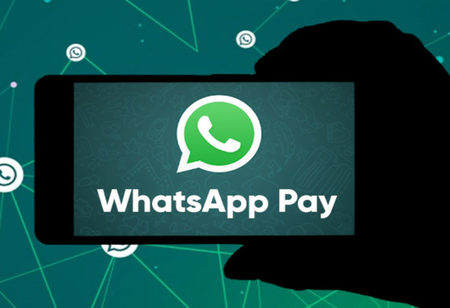
WhatsApp Gets Approval to launch its Payment Service in India


Messaging platform WhatsApp gets the approval from the National Payment Corporation (NPCI) to begin its payment service in India in a graded manner. The announcement was made after NPCI had restricted Google Pay or PhonePe to manage only 30 percent of the overall UPI transaction volumes by capping its usage.
NPCI has been running the UPI which is used for real-time payments between the peers or at merchants’ end while purchasing goods. Thus, in a statement, NPCI has stated that having a cap on the transaction volume would help in curbing the risk on the set-up and is mandatory as UPI which surpassed two billion transactions a month mark in October and would certainly grow further.
The industry has been feeling that allowing WhatsApp into payments may elevate the transaction volumes in the Indian digital payments space. As China’s WeChat alone has more than one billion users for its payment services.
However, WhatsApp has around 400 million users in India while other third-party app payment providers such as Google Pay and PhonePe had 75 million and 60 million respectively as of May 2020. WhatsApp has been running a pilot service for the last two years but was not given formal approval due to data localization requirements.
The company’s statement says, "NPCI has given approval for Whatsapp to 'Go Live' on UPI in the multi-bank model. WhatsApp can expand its UPI user base in a graded manner starting with a maximum registered user base of twenty (20) million in UPI. A cap of 30 percent of the total volume of transactions processed in UPI" will be applicable on all TPAPs from January 1, 2021.”
Furthermore, it states that it would aid in addressing the risks and protect the UPI ecosystem as it further scales up. Alongside this, the cap of 30 percent would be counted on the basis of the total transactions processed through UPI during the preceding three months on a rolling basis.
The statement also hints that the existing TPAPs exceeding the specified cap would have a period of two years from January 2021 to comply with the same in a phased manner.
It is also noted that the TPAPs typically have a tie-up with banks at the back-end to bring in users and process payments for them. The Data originating through the usage is a major resource, apart from the revenues gathered through processing fees.